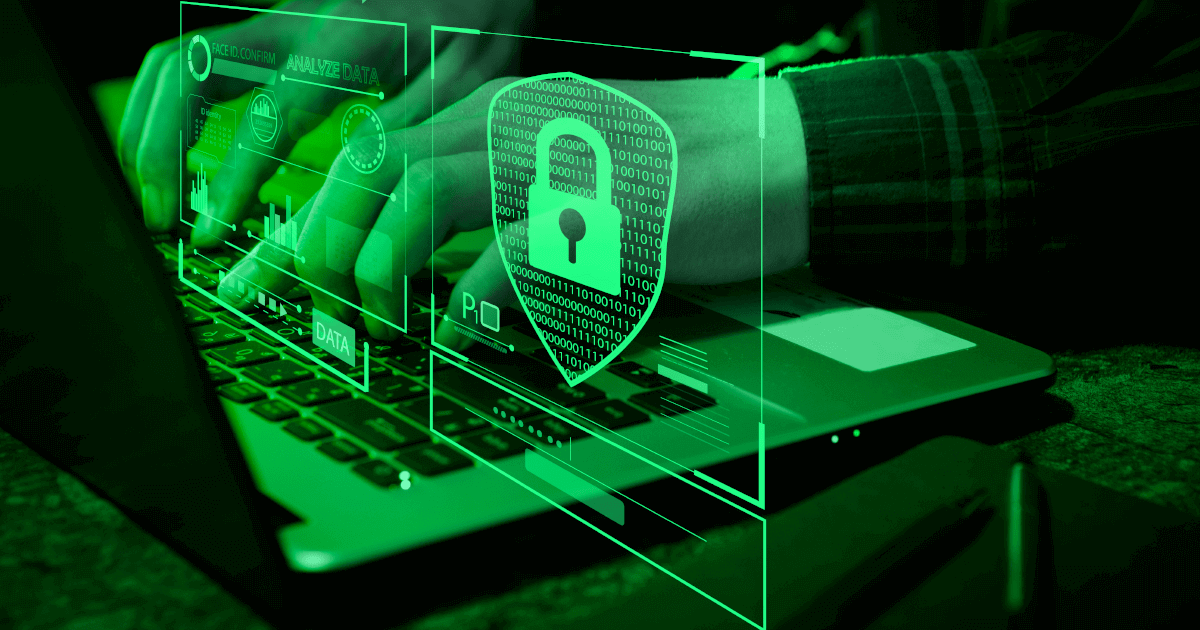With the high demand for skilled cybersecurity professionals, building a successful career in this dynamic field has never been more achievable or impactful. However, navigating one’s progression requires a strategic, multi-faceted approach. This article explores common career paths and offers advice for advancement.
University Education: Laying the Foundation
Most entry-level cyber roles require at least a bachelor’s degree. Top universities now integrate cybersecurity education across computer science, business, law and policy curriculums. Relevant majors include:
- Computer/Network Security
- Information Assurance and Security
- Cyber Forensics and Incident Response
- Management Information Systems
Certifications: Demonstrating Mastery
Supplementing academic credentials with industry-recognized certifications proves competency and increases employability. Common entry-level certs include CompTIA Security+, Cisco CCNA Cyber Ops and ISC2 SSCP.
Getting Started: Building Experience
Helpdesk, security analyst and junior penetration testing roles allow gaining foundational experience. Internships provide hands-on learning while in school. Continuing education through online courses also boosts one’s profile.
Advancing to Mid-Level: Developing Expertise
Roles like security engineer, forensic analyst and information security officer require 2-5 years’ experience. Pursuing advanced technical certs like CISSP, CISM, GIAC GPEN proves deeper skills. Management training also prepares for team lead roles.
Senior Leadership: Strategic Oversight
Chief Information Security Officer (CISO) positions demand 10+ years in security with extensive management experience. An executive MBA demonstrates broader business acumen. Maintaining technical certifications ensures leadership “speaks the language.”
Lifelong Learning: Staying on Top
Rapid technological change demands continuous skills development. Employers value candidates pursuing graduate cybersecurity degrees, SANS training, specialized certifications and external research. Teaching or publishing demonstrates thought leadership.
With dedication to education, certifications, hands-on experience and lifelong learning, cybersecurity professionals can build impactful, rewarding careers securing our increasingly digital world. Strategic career progression helps maximize one’s value and potential for success in this vital field.



